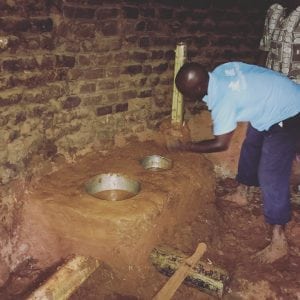
Agriculture
November 19, 2024
HoPE LVB Energy Efficient Stoves
Read SolutionImplemented by
Pathfinder International
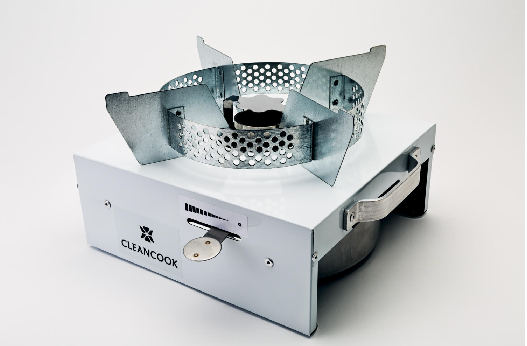
Updated on January 19, 2024
·Created on October 28, 2022
CleanCook Comet 1 & 2 are portable, low cost – single and double burner alcohol fueled stoves.
CleanCook Comet 1 & 2 are portable, low cost – single and double burner alcohol fueled stoves that can be obtained fully assembled for immediate sale or as parts that allow for local assembly. This product is designed by CLEANCOOK Sweden AB and manufactured in Durban, South Africa.
Target SDGs
SDG 7: Affordable and Clean Energy
Market Suggested Retail Price
$41.00
Target Users (Target Impact Group)
Household
Distributors / Implementing Organizations
This product is distributed by CLEANCOOK Sweden AB’s NGO partner Project Gaia who then works with other local distributors like Motosafi, Clean Cook Africa, Clean cook Madagascar, Seeds of Change
Competitive Landscape
Direct competitors include Koko Cooker, Jiko Tosha, KIKE Green Cook KD1, and Bio Moto.
Regions
Africa, Caribbean, South America
Manufacturing/Building Method
CLEANCOOK owns tooling for manufacturing and product patents. Production is outsourced to a partner company in Durban, South Africa. Stove models can be obtained fully assembled for immediate sale or as parts that allow for local assembly.
Intellectural Property Type
Patent
User Provision Model
CLEANCOOK works closely with Project Gaia (an NGO promoting clean cookstoves powered by alcohol), with governments and nonprofits , and directly with commercial clients to identify partners in local markets to establish locally owned micro-distilleries. And also assemble, distribute and market their products.
Distributions to Date Status
The exact number of CleanCook Comet 1 & 2 stoves sold is unknown, however over 75,000 CleanCook stove models have been sold.
Fuel type
Ethanol / methanol
Chimney (yes/no)
No
Forced or passive
Passive
Pot type
Round & Flat Bottom
Pot capacity (L)
10L
Thermal efficiency (%)
56.2%
PM emissions (g/MJ delivered to pot)
0.00151
CO emissions (g/MJ delivered to pot)
1.5 g/MJ
Time to boil (min/L)
Unknown
Design Specifications
The CleanCook Comet 1 & 2 Stoves are single and double-burner non-pressurized alcohol stoves for households and institutions made from aluminum, galvanized steel or stainless steel. The Comet 1 & 2 stoves come with refillable fuel canisters of 1.2 liters capacity and 1.60 kg weight when full. The canister contains a porous fiber that absorbs alcohol and retains it in a manner that prevents spills, leaks, fires and explosions. After fuel refilling fuel canisters can be inserted from the stove side in an up-right position while the pot is still placed on the pot support, allowing the stove to be refueled quickly.
The power output per burner is rated at 1.8 kW at maximum heat, allowing for a cooking time of 4.5 hours. It can burn ethanol and methanol with an efficiency greater than 60% and meets Tier 4 emission requirements. It consists of a built in windshield and a mechanical regulator – a lever moves a metal disk that uncovers an opening for evaporating fuel. The regulator can be used to adjust or extinguish the flame.
Technical Support
Provided by local distributors and majorly the manufacturer
Replacement Components
Replaceable components include the fuel canisters and the stove body (a full assembly made up of different parts).
Lifecycle
Expected typical lifetime is six years for the aluminum body stove and 10+ years for the stainless steel stove.
Manufacturer Specified Performance Parameters
Cooking efficiency greater than 60% , 1 L of fuel per day will provide cooking for a family of 5. A maximum power of 1.8 KW and negligible soot production meeting Clean cooking alliance tier 5 requirements and WHO standards for CO2 emissions with an innovative fuel canister that absorbs the fuel allows for the fuel to evaporate and mix with air. The mixture burns above the canister opening with no wick and the chimney effect increases its power output.
Vetted Performance Status
Tier 4 for efficiency/fuel use Tier 4 for total emissions and indoor emissions
Safety
Ensure that the stove is assembled properly and follow the guidelines provided by the manufacturer to avoid potential burns and spillovers when manipulating the stove. Take care not to overfill the canisters and follow general safety precautions when using the stove and flammable materials.
Complementary Technical Systems
None
Academic Research and References
Megan B.,Wubshet T., et al,. (2018). A case study of the ethanol CleanCook stove intervention and potential scale-up in Ethiopia. Energy for Sustainable Development. 46. 10.1016/j.esd.2018.06.009.
Donee A., Amanda N., Theodore K., Oludare M., et al. (2017) Pregnancy Outcomes and ethanol cook stove intervention: A randomized-controlled trial in Ibadan, Nigeria. Environment International.
Boris A., (2010) Socio-cultural dimensions in household cooking energy choice – Implications for energy transition in Catembe, Mozambique. Department of Human Geography, Stockholm University.
Temilade S., Sujatha R., et al.,(2013) Corporate-Led Sustainable Development and Energy Poverty Alleviation at the Bottom of the Pyramid: The Case of the CleanCook in Nigeria, World Development -Volume 45 : Pages 137-146.
Michael G., Maria B., Mike J., et al. (2016) An evaluation of a biomass stove safety protocol used for testing household cookstoves, in low and middle-income countries. Energy for Sustainable Development – Volume 33, Pages 14-25.
Temilade S.,(2014) What’s cooking? Evaluating context-responsive approaches to stove technology development in Nigeria and Kenya. Technology in Society – Volume 39, Pages 142-150.
Burnham-Slipper H., MIcheal J., et al. (2009) Breeding a Better Stove: the Use of Genetic Algorithms and Computational Fluid Dynamics to Improve Stove Design. The University of Nottingham, EWB-UK research conference.
Elisa P., (2013) Cooking with ethanol: a stakeholders’ perspective. University of Liverpool
Local distributors: Motosafi, Clean cook Africa, Clean cook Madagascar, Seeds of Change
U.S. Environmental Protection Agency, (2015), Test Report, CleanCook Model A1 Stove with Alcohol Fuel
Compliance with regulations
ISO (International Organization for Standardization)
IWA (International Workshop Agreement) 11:2012

Agriculture
November 19, 2024
Implemented by
Pathfinder International
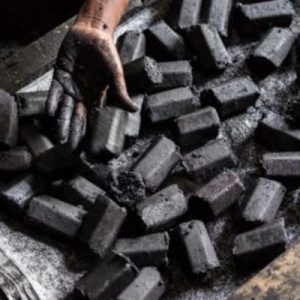
Agriculture
November 30, 2024
Implemented by
Kencoco Ltd
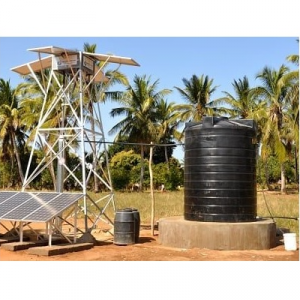
Agriculture
December 27, 2023
Implemented by
Pumpmakers
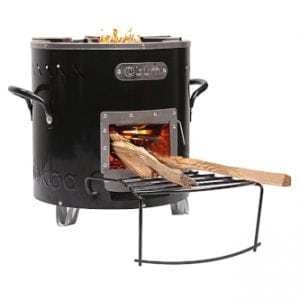
Agriculture
January 10, 2024
Implemented by
BURN Design Lab

Agriculture
January 13, 2024
Implemented by
Little Sun
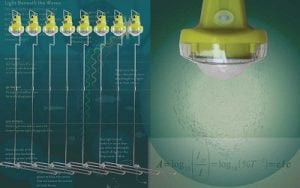
Agriculture
January 17, 2024
Implemented by
Omnivoltaic Energy Solutions
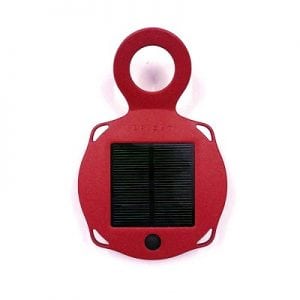
Agriculture
January 20, 2024
Implemented by
BRIGHT Products AS
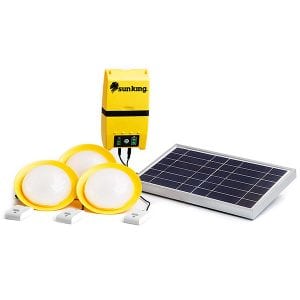
Agriculture
December 7, 2024
Implemented by
Sun King
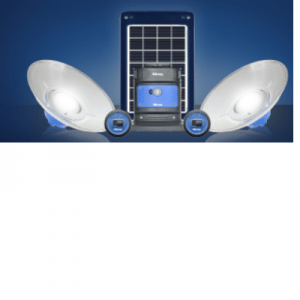
Agriculture
January 10, 2024
Implemented by
Niwa
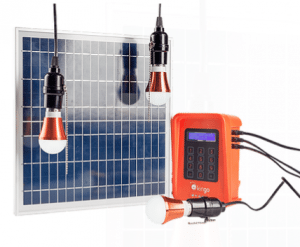
Agriculture
December 7, 2024
Implemented by
Kingo Energy
Have thoughts on how we can improve?
Give Us Feedback